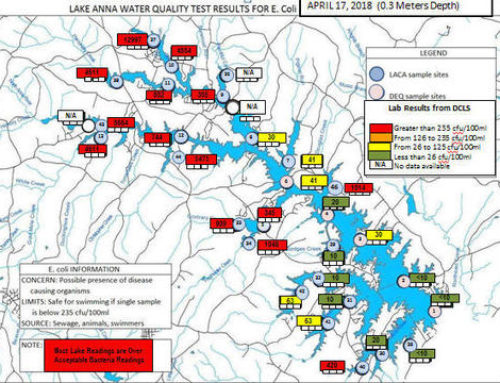For those of you who are unfamiliar with your credit score (many are and it is nothing to be ashamed to admit) your credit score is a three-digit number derived from detailed information about your credit history, and it can be one of your most valuable assets. Your credit score acts as a report card for your financial responsibility. It is an indicator of your ability to pay off loans and other acquired debt.
Your credit score can drastically affect the rate of interest you pay on your loans (car loans, home loans, privately consolidated student loans, etc.). The higher (and better) your credit score, the less interest you will have to pay each month and overall.Your credit score can also dramatically increase your credit card rates, the amount of interest you pay on a balance on a credit card. If you are in a habit of running a balance, even a small one on your credit card, a not-so-great credit rating could cost you a lot of money. Most people don’t care what their credit score is until they NEED it to be good. Even perspective employers can review your report although they cannot view a credit rating. Improving your credit report could give you an advantage in getting hired in some fields.
Now, a credit score and a credit report are not the same things. A credit score is derived from your personal credit report which is basically your credit history report card. Some negative items on your credit report may be responsible for bringing your score down, but can actually just be mistakes and no fault of your own.
Often individuals will find their credit report is inaccurate with bills that appear to have not been paid off, etc. If your credit report is inaccurate your credit score could be unrightfully low. It is estimated that 5% or credit reports have errors in them. Sometimes these errors can keep you from getting a new home mortgage, a car loan, even renting a home.
Here are some common errors found in credit reports:
-Problems because of identity theft. If you have been the victim of identity theft, mixed account information may appear on your credit report. This is something everyone fears in today’s high-tech world.
-Information that is not yours because of confused names, addresses, etc. Credit reporting agencies may confuse names, addresses, Social Security numbers, or employers.
-Information from an ex-spouse. If you have been divorced, your prior spouse’s information (and bad credit) may be mixed with yours.
-Outdated information. Accounts may still be listed after the legal deadline for removing them from your reports.
-Incorrect payment status. The payment status of accounts may be incorrect.
-More than one delinquent date on an account. If an account has been transferred to a debt collector, your report may contain more than one date for when the account became delinquent (which triggers how long it may remain in your report).
-Wrong notations for closed accounts. Accounts you closed may look as if the creditor closed the account.
-Remedied delinquencies not reported as such. Credit reporting agencies often fail to note accounts in which delinquencies have been remedied.
Removing these inaccuracies will improve your credit score and help you move forward with your credit situation.
Regularly checking your credit report and evaluating it for errors is a good, sound financial practice and the Government agrees. The Federal Trade Commission, in charge of protecting American consumers, says you are entitled to 1 free credit report every twelve months from each of the three nationwide credit reporting companies. Go to the FTC Gov. page for more info- https://www.ftc.gov/faq/consumer-protection/get-my-free-credit-report
Whether or not you are satisfied with your current credit score may determine how much you should do to improve it. However, it is always a good idea to work toward raising it.
Several businesses (Presidential Bank Mortgage, Edward Jones Financial Advisors and Donna Merryman with Sampson Properties) have teamed together in Locust Grove to bring you a free seminar this Wednesday, May 24th, where you can learn more about your credit score, how it affects you and how you can improve it. The seminar will be located at Sampson Properties, 32345 Constitution Highway, Locust Grove, VA. and will be from 6:30 pm to 7:30 pm.





